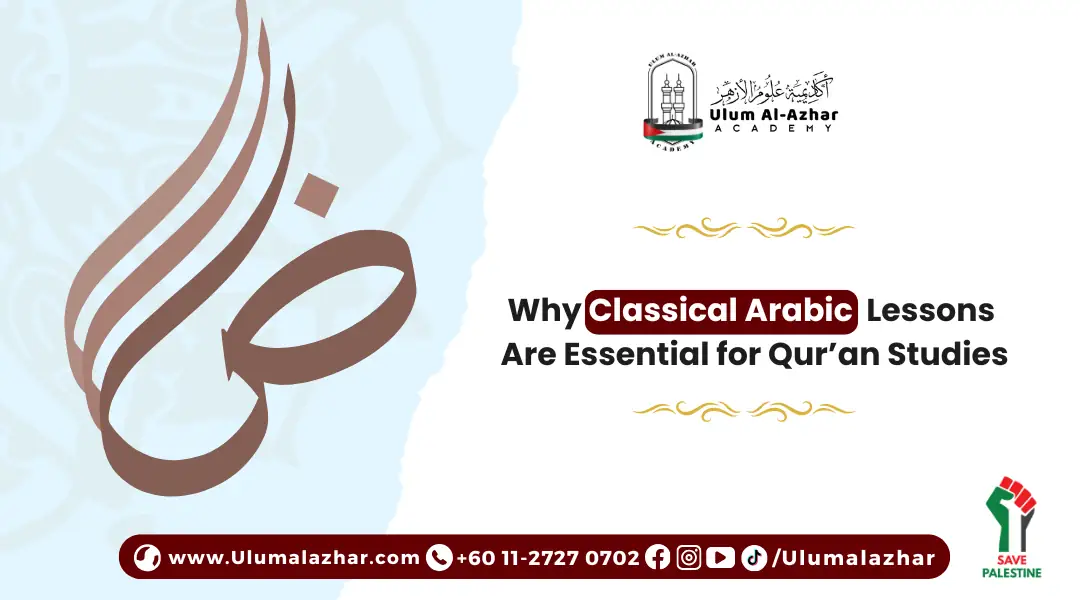
Why Classical Arabic Lessons Are Essential for Qur’an Studies
Is it truly possible to grasp the depth of revelation without mastering its original tongue? The Qur’an is the divine speech of Allah, revealed in the most eloquent form of the Arabic language. Every verse, word, and even letter carries a depth of meaning and wisdom that literal renderings simply cannot capture. Because of this profound gap, classical Arabic lessons are not merely linguistic exercises; they are vital, spiritual gateways to understanding revelation firsthand.
Through mastering this language, one can finally taste the richness of Qur’anic meanings, appreciate the depth of prophetic sayings, and unlock centuries of Islamic scholarship. The mastery of classical Arabic is not a luxury for the serious student of Qur’an—it is a necessity.
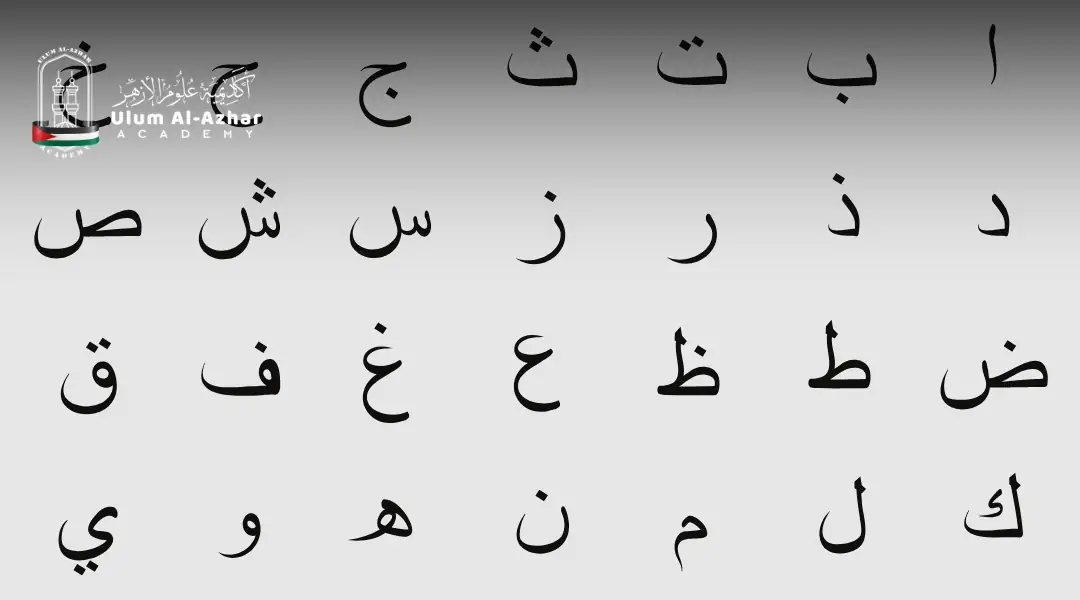
Understanding Classical Arabic and Its Roots
To really grasp why classical Arabic lessons are so important for studying the Qur’an, you need to understand what classical Arabic actually means. Classical Arabic, or al-‘Arabiyyah al-Fuṣḥā العربية الفصحى, is the pure and formal version of the language used in the Qur’an, the Hadith, and ancient Arabic poetry.
– It isn’t the everyday dialects people speak in different parts of the Arab world today. Instead, it’s a refined and standardized form of the language, carefully maintained through strict grammar rules and a deep, rich vocabulary.
– This form of Arabic came before the Qur’an was revealed and was further improved through the revelation itself. The Qur’an didn’t just use the Arabic language — it helped raise its quality, setting standards that influenced all future Arabic writing.
– If someone doesn’t study the classical roots of Arabic, they might not fully understand the Qur’an’s subtle expressions.
For example, a single Arabic root can have many meanings depending on how it’s used or the situation. The verb “غفر” (to forgive) has several layers of meaning, like protection, covering, and mercy — all important to the religious idea of forgiveness.
– Classical Arabic lessons cover these important details. They teach students about:
- Sarf (morphology), which is about word shapes,
- Nahw, which is grammar,
- Balaghah(rhetoric), A discipline concerned with studying linguistic styles with the aim of conveying meaning clearly and powerfully while adding linguistic beauty to it.
- and lugha (lexicology), everything related to the language — its sounds, structures, meanings, history, and development.
Your Islamic learning adventure begins! Join free consultation with Al-Azhar-certified Sheikhs from Egypt.
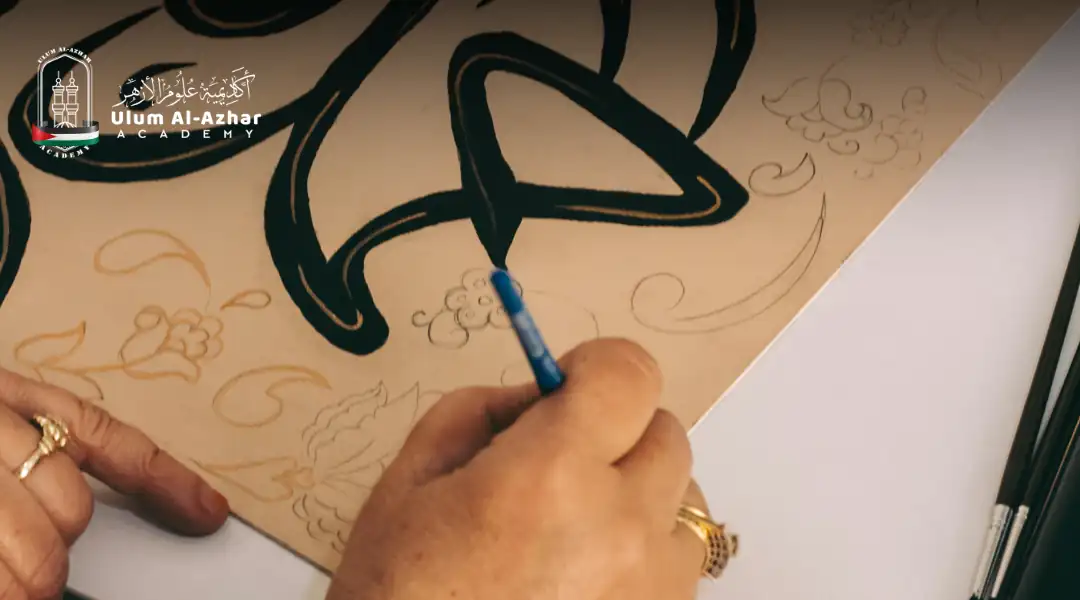
Learning Classical Arabic for Qur’an and Hadith
Every verse (ayah) in the Qur’an and every saying (hadith) of the Prophet Muhammad ﷺ is anchored in linguistic precision. The Prophet spoke in the clearest and most beautiful form of Arabic, and the early Muslims understood the messages directly because they grew up speaking that language. For people today, learning classical Arabic lessons helps them connect with that original meaning and context.
– And here comes a question many people ask: Why should I learn the classical Arabic language while I can read the Qur’an in English translation? Simply, when studying the Qur’an in translation alone, one inevitably loses access to the beauty of linguistic miracles known as i‘jaz al-Qur’an اعجاز القرآن. These include patterns of rhythm, eloquence, and grammatical balance that are only perceivable through Arabic itself.
For instance, the alternation between definite and indefinite nouns الأسماء المعرفة والنكرة, the shift between past and present tense, and even the placement of a single particle can alter meaning dramatically.
– Furthermore, understanding the sacred texts helps the jurist derive the shar‘i ruling. How so? Through a set of general principles known as Usul al-Fiqh أصول الفقه (the fundamentals of Islamic jurisprudence).
For example, there is a foundational principle that states: “A command indicates obligation.” A simple example lies in the Qur’anic verse:
“Establish prayer (aqimu al-salah) and give zakah.” (Annur- 56)
The imperative verb form “aqimu” implies obligation (wujub) الوجوب , a conclusion that scholars reached through mastery of Classical Arabic grammar.
– Similarly, Hadith studies rely on the same linguistic foundation. To understand the Prophet’s words properly, you need to pay attention not only to what he said but also to how he said it — including the tone, style, and way his words are structured. If you ignore this, it’s easy to misunderstand or get the wrong meaning.
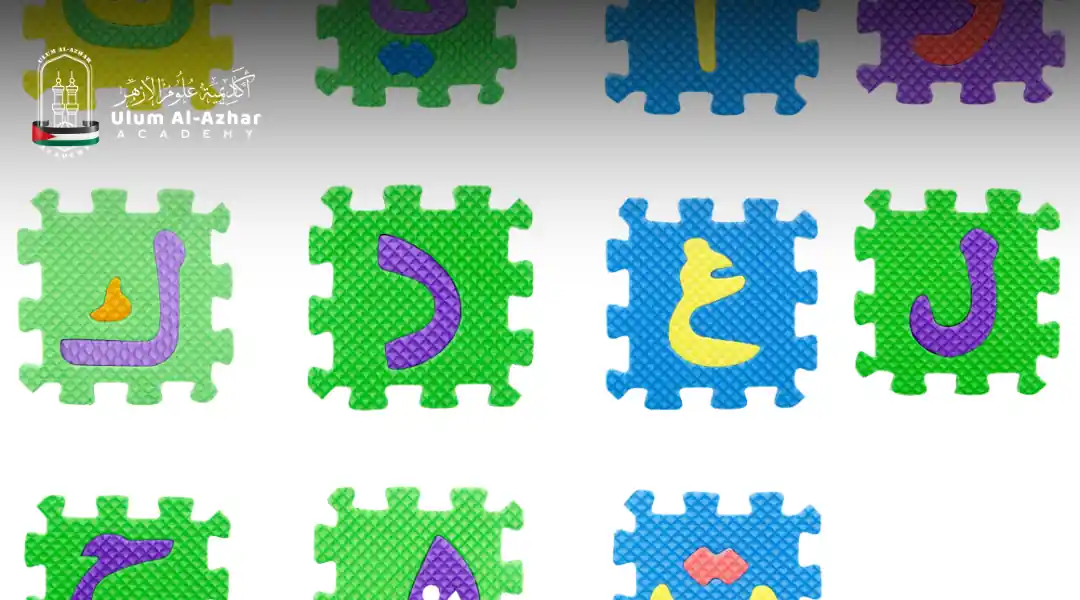
Structured Approaches to Classical Arabic Studies
You may be wondering now: so, what is the difference between Classical Arabic and Qur’anic Arabic? they are closely related — and both fall under the umbrella of Fusha Arabic. Studying classical Arabic lessons equips you to read both, but to understand Arabic vocabulary in Quran, its pronunciation besides grammar you need to study Qur’anic Arabic.
Learn & practice the language of Quran with qualified Arab tutors from Al-Azhar Al-Sharif, Egypt in Online Quranic Arabic Course.
A proper program of classical Arabic lessons usually includes the following stages:
Extensive Vocabulary: Learn essential words and phrases for various contexts.
Grammar and Syntax: Master the rules and structure of Fusha Arabic.
Reading and Writing: Develop strong reading comprehension and writing skills.
Speaking and Listening: Improve your pronunciation and listening abilities through practice.
Cultural Insights: Gain a deeper understanding of Arab culture and traditions.
Ulum Al-Azhar Academy’s Classical Arabic Programs
Ulum Al-Azhar Academy is one of the institutions that teach classical Arabic but why should you choose it in particular? Ulum Al-Azhar Academy stands out for its authenticity and scholarly depth. its program of classical Arabic lessons insure:
– Build a Strong Language Foundation: Achieve proficiency in the classical form of Arabic.
– Strengthen Religious Knowledge: Gain a deeper connection to Islamic texts and teachings.
– Obtain Certification: After completing, you will get a certification from Ulum Al-Azhar Academy, recognized by Al-Azhar University, Egypt.
– Proficiency in Tajweed: Elevate your proficiency in Tajweed, enhancing your Quranic recitation skills.
Learn Fusha Arabic Online to master the classical form of Arabic, with Native Arabs ito provide a unique and engaging learning experience. Led by native-speaking instructors from Al-Azhar Al-Sharif.
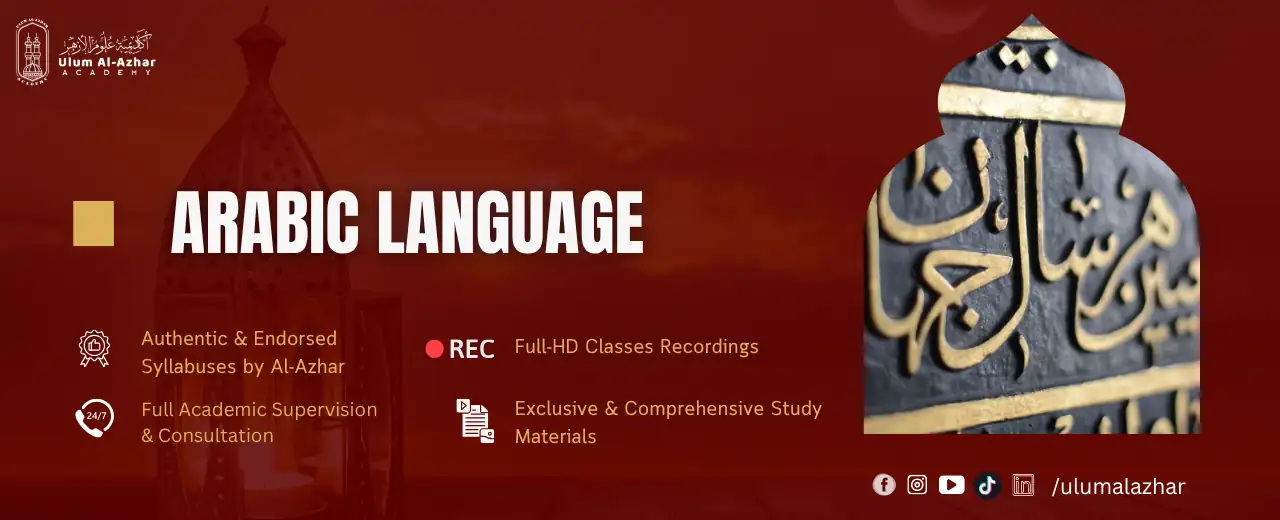
Conclusion
The message of the Qur’an stays the same forever, but to really understand it, you need to learn its original language, which is Arabic. That’s why studying classical Arabic lessons is so important. It helps today’s learners connect with the first Muslim generations. By learning in a clear and organized way, students can truly appreciate the exactness, beauty, and deep wisdom of the divine language. Schools like Ulum Al-Azhar Academy keep this tradition alive so that future generations can continue to learn and grow.
Start your spiritual growth journey; it begins with free consultation and Al-Azhar-certified Sheikhs in Egypt.
FAQs
Why are classical Arabic lessons important for Qur’an studies?
Because they allow students to understand the Qur’an as it was revealed — in its original language, with all linguistic subtleties and theological implications preserved.
Can translations replace the need for classical Arabic lessons?
No translation can fully capture the precision and layers of meaning found in the Qur’an’s Arabic. Classical Arabic lessons equip students to access that depth directly.
Are classical Arabic lessons only for scholars?
Not at all. Every Muslim can benefit from understanding the Qur’an’s language. Even basic knowledge enhances one’s connection with daily recitation and worship.
